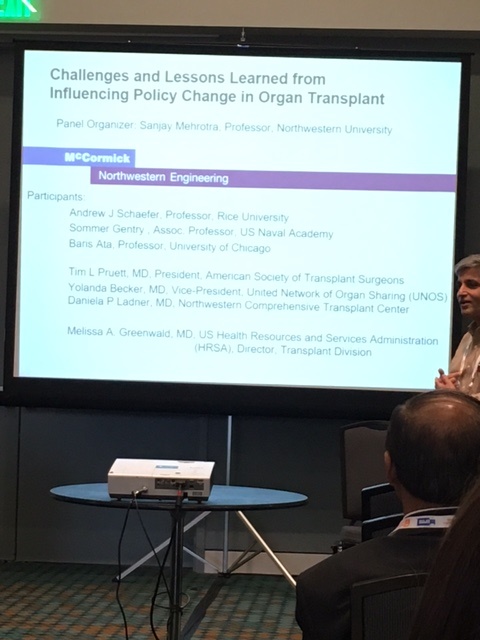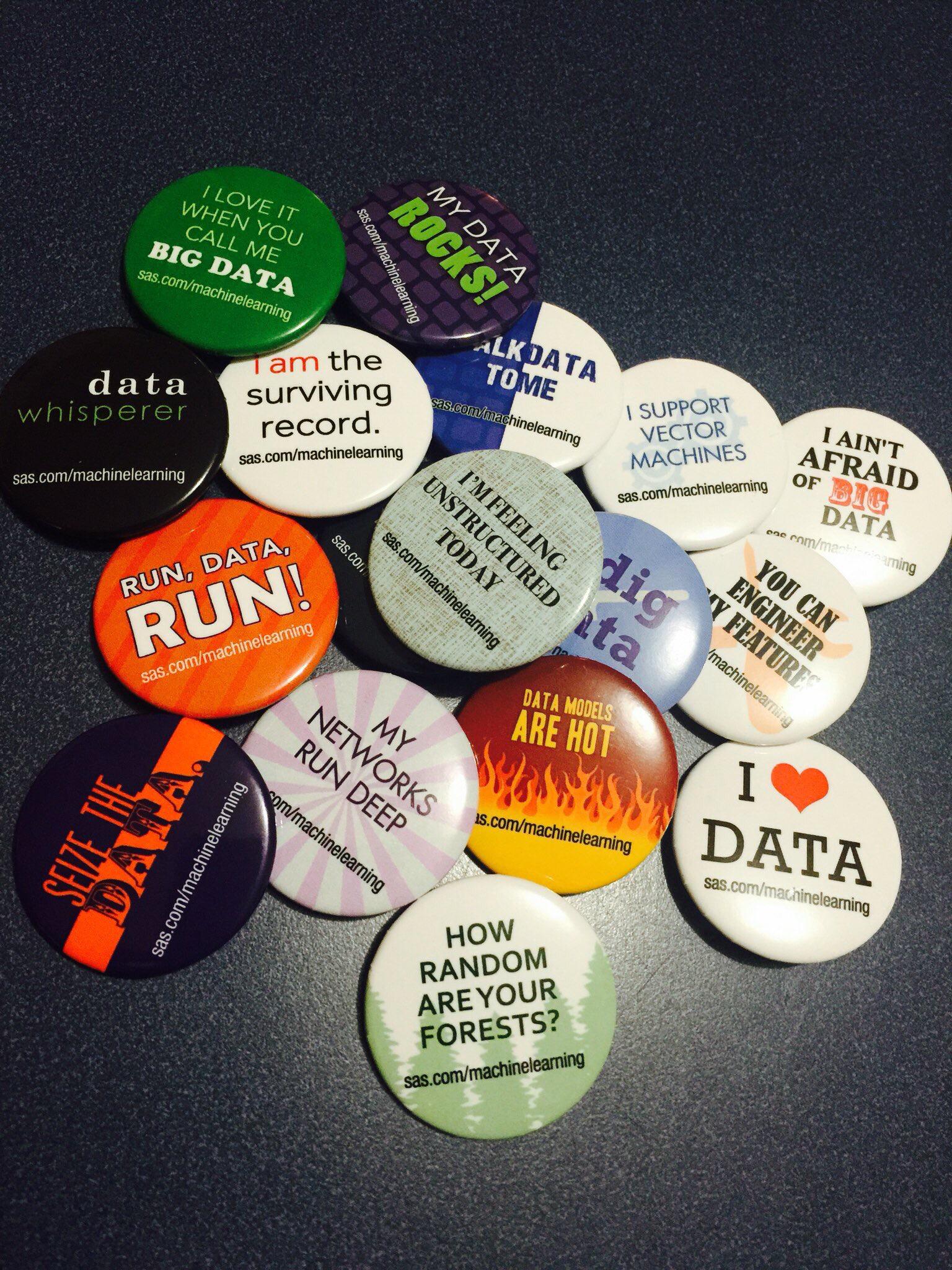
I recently met Mrs. Claus at the INFORMS Annual Meeting, where we got to talking about the social network analysis session she’d just attended. It turns out Mrs. Claus and I are both fans of a book by Alex Pentland, Social Physics: How Social Networks Can Make Us Smarter. Apparently



